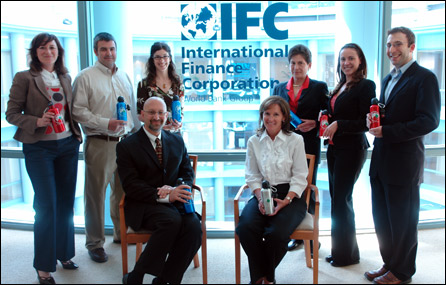South Africa has one of the strongest economies worldwide if not the best in Africa. But to achieve such milestone has not been a walk in the park. The huge infrastructure improvement has been key in the country’s economic stability. This is both the financial and physical infrastructure. The availability of essential services has helped many people to access health and education that were hard to get. The South African economy has risen in the recent past. The economy is now ranked as the 39th largest economy in the world. This represents a quarter of sub-Saharan Gross Domestic Product (GDP). SA’s development is not only important to the country’s citizens, but to the African development.
But the development has also been pulled back by a number of issues. Issues like income inequality, persistent poverty, and unemployment have derailed its development. Statistics show that a fifth of the total population lived below $1.90 dollars a day in 2015. Around 57% of the populations are still poor who cannot manage $5.50 a day. Furthermore, the country has the unequal economies globally. The rate of unemployment was at 28% in 2017 with the unemployed youth at 54%. For the number to go down there should be a creation of 8.4 million jobs. Moreover, there is a need for 2.7 jobs so as to be at par with demographics for a period of the next 10 years.
President Cyril Ramaphosa gave out a vision aimed at solving the available challenges. He did this during his state of the nation address in February 2018. The main focus will be the creation of job opportunities for the youths. The economy needs to absorb the 6 million unemployed individuals. The private sector has an important role to play given that it creates 90% of jobs globally. There is a need to inculcate digital investment into education, infrastructure, and health.
The International Finance Corporation (IFC), is ready to play its part in alleviating poverty in the country. The IFC has developed a strong relationship with SA’s international and local businesses. This has helped it to make almost $400 million investments in the country in 2017. The cooperation came up with the SME Push Program in 2017. This aimed at directing more than R30bn for more than 7 years into medium enterprises and SA’s SMEs. IFC has extended its support to many sectors in the country. For instance, it is currently helping to expand the vocational education sector.
The main IFC’s goal is to help in the development of sub-Saharan Africa. This can benefit the SA’s corporations, investment companies, and financial institutions which are looking to expand their investments outside the country. IFC has made great marks in Africa having 21 offices in Africa. The cooperation’s long-term financing went up to $3.5bn in 2017 compared to $167m in 2003.
 We just launched our WhatsApp channel. Want to get the latest news from the Tech in Africa?
We just launched our WhatsApp channel. Want to get the latest news from the Tech in Africa?


